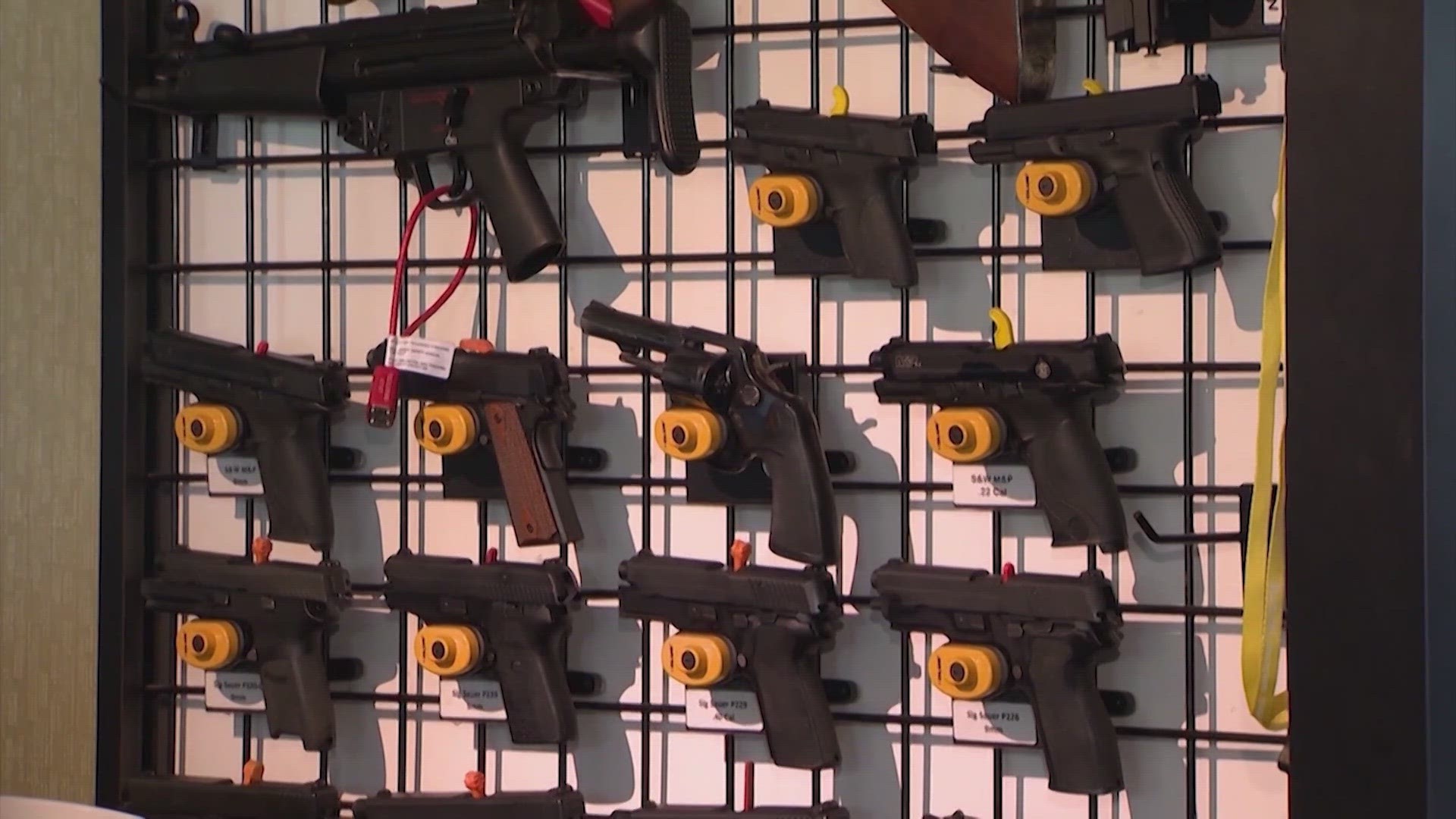WASHINGTON — After wrapping up its term, the Supreme Court is already looking ahead at tackling a major Second Amendment case.
Earlier this year, the 5th U.S. Circuit Court of Appeals ruled that it was unconstitutional to ban alleged domestic abusers, who are under a restraining order, from having a gun.
Experts said the danger posed by abusers with guns could split the solid conservative majority.
In February 2020, Zackey Rahimi had a protective order issued after he allegedly assaulted his girlfriend. During a span of a month in the winter of 202, Rahimi was involved in five shootings across North Texas.
According to the Texas Tribune, Rahimi shot at someone's house after selling them prescription narcotics. After getting into a car accident, he then shot at a car before returning in another vehicle and shooting at the car again. Just before Christmas, Rahimi shot at a constable's car. Lastly, after New Year's, he fired into the air outside of a Whataburger when his friend's card was declined.
During all these incidents, Rahimi was not supposed to have guns. When police officers executed a search warrant in connection with Rahimi’s alleged shooting spree, they found a handgun and a rifle — which violated both state and federal law. Rahimi was indicted by a federal grand jury for possession of a firearm while under a domestic violence restraining order.
Rahimi argued in court that the charge violated his constitutional rights, and the courts initially disagreed. In the wake of a landmark 2022 ruling in New York State Rifle & Pistol Association v. Bruen, the U.S. Supreme Court established a new standard that modern gun control laws must be “consistent with the Second Amendment’s text and historical understanding."
In the Rahimi case, the federal government argued that the law protecting domestic violence victims was similar to historical laws that allowed for disarming “dangerous” people. But the 5th Circuit found those laws, which were targeted at Native American and Black people as well as those who failed to “take an oath of allegiance,” were not similar enough to pass the test.
Arguments will take place in the fall in the first case in which the court could define the limits on new standards for evaluating gun laws.
This story comes from The Texas Tribune, a nonprofit, nonpartisan media organization that informs Texans - and engages with them - about public policy, politics, government, and statewide issues.

